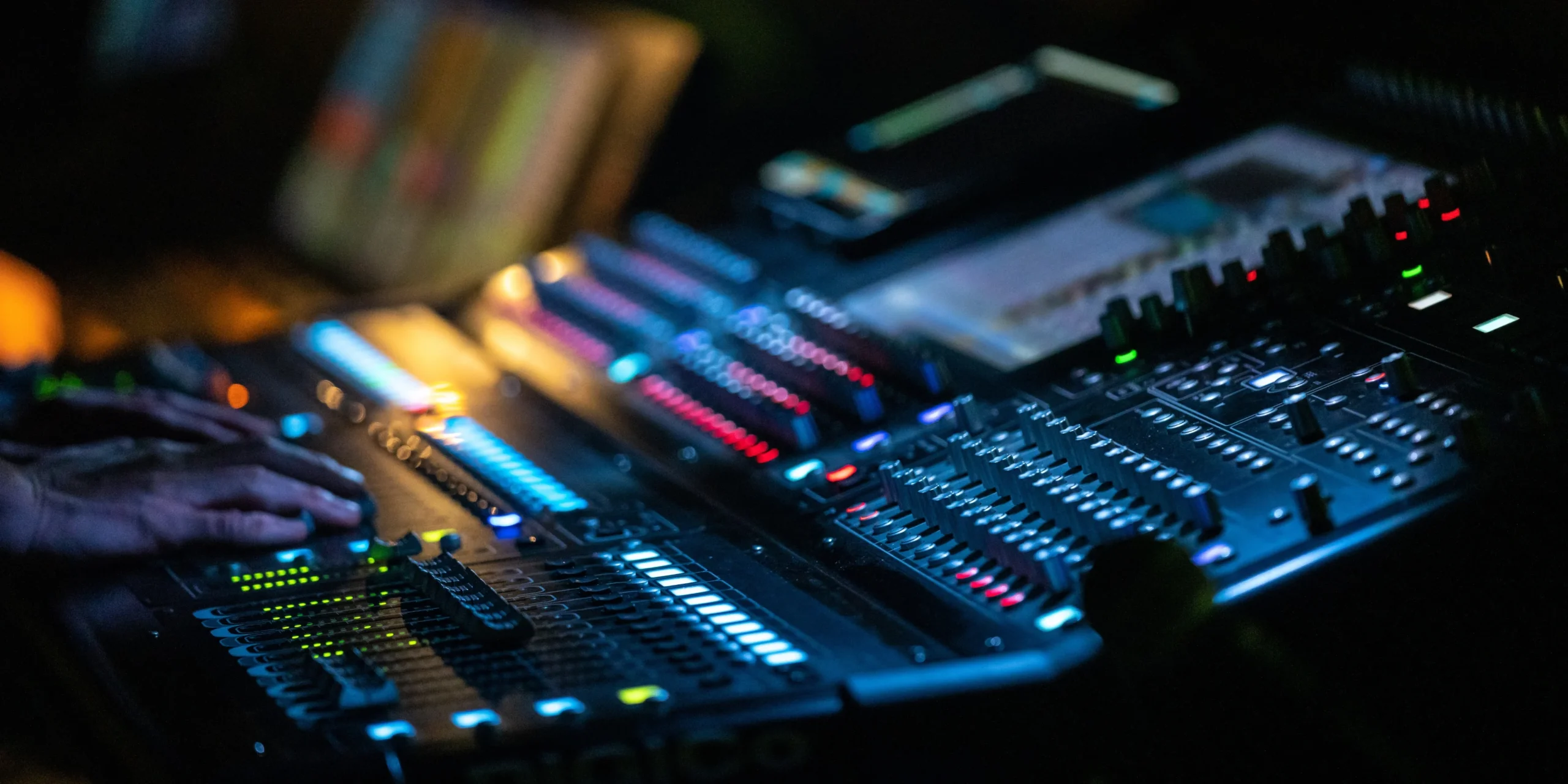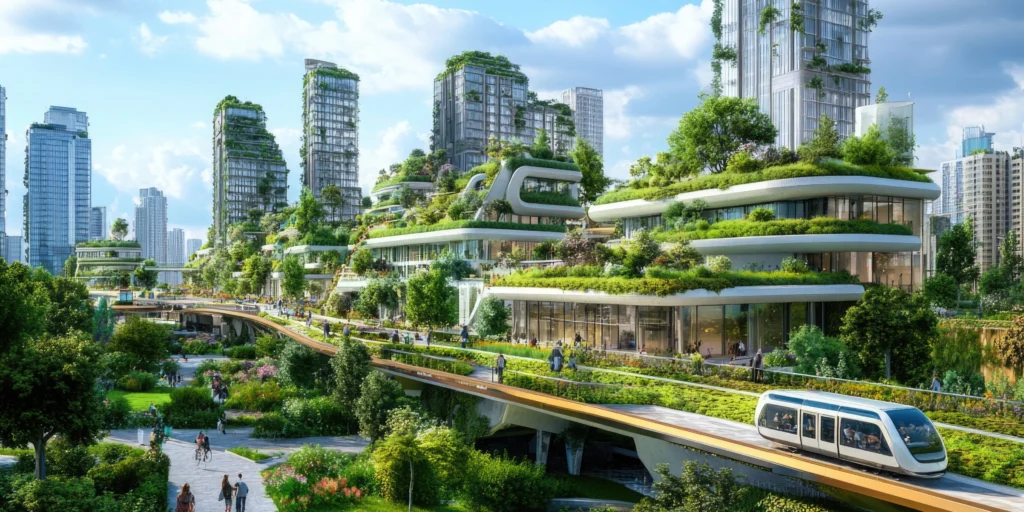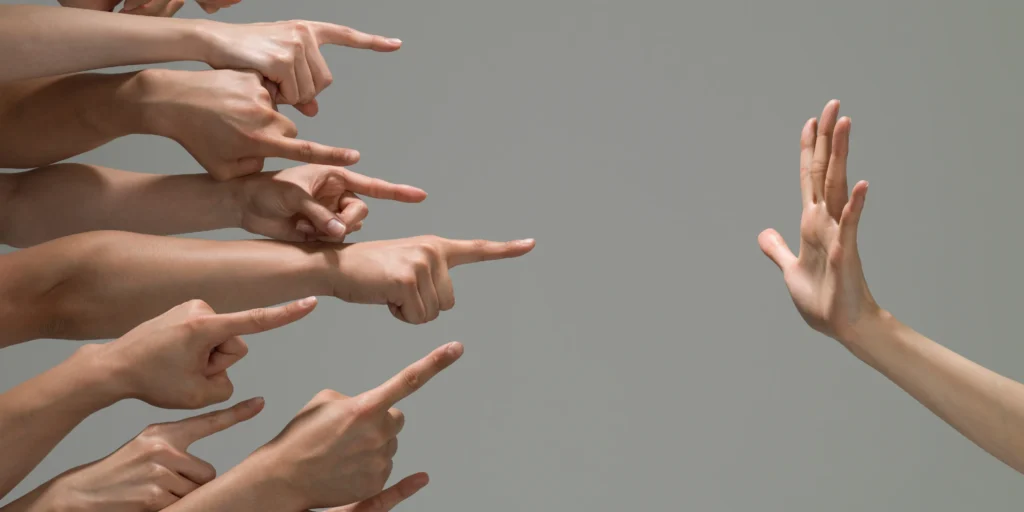Why This Matters
Music has always been a reflection of culture, emotion, and creativity. But in 2025, algorithms are stepping into the studio. AI systems are now composing symphonies, generating film scores, and even performing live with human musicians. The question is no longer “Can AI make music?” but “What role should AI play in the future of art?”
The global AI in music market is projected to reach $3.4 billion by 2030 (Allied Market Research, 2025), raising both excitement and unease among artists, labels, and audiences.
How AI Creates Music
Modern AI musicians use a blend of machine learning, deep neural networks, and generative adversarial models.
- Training Data: AI models ingest thousands of hours of existing music across genres.
- Composition: Algorithms generate melodies, harmonies, and rhythms based on learned patterns.
- Performance: Some systems now simulate instruments or vocals in real-time.
- Collaboration: Artists increasingly use AI as a “co-creator” rather than a replacement.
Real-World Applications
- Film & TV Scores: OpenAI’s MuseNet and startups like AIVA produce orchestral soundtracks on demand.
- Pop Collaborations: AI tools like Endlesss and Boomy allow artists to co-compose tracks quickly.
- Live Performance: Musicians like Holly Herndon perform alongside AI “voice models” trained on her own vocals.
- Personalised Playlists: Spotify uses AI not just for recommendations, but for generating adaptive background music tailored to mood and activity.
Benefits
- Speed: AI can generate an original track in seconds.
- Accessibility: Lowers barriers for non-musicians to experiment with composition.
- Cost-Effective: Independent creators can access affordable music without hiring composers.
- Innovation: Human-AI collaborations are producing new, hybrid genres.
Challenges & Ethics
- Copyright & Ownership: Who owns music generated by an algorithm – the user, the developer, or no one?
- Authenticity: Can AI-produced music carry genuine emotional depth, or is it imitation without soul?
- Impact on Jobs: Session musicians, composers, and producers may see reduced demand.
- Cultural Homogenisation: AI risks over-relying on training data, flattening musical diversity.
Outlook
AI musicians are unlikely to replace human artistry, but they are becoming powerful creative partners. By 2030, nearly 40% of commercial music may involve AI at some stage of production (MIDiA Research, 2025). The future likely lies in hybrid creativity – where algorithms handle structure and efficiency, while humans infuse emotion and intent.
As Herndon put it: “AI doesn’t diminish human creativity. It expands what creativity can mean.”
Practical Takeaways
- Artists: Use AI as a tool to spark ideas or build demos.
- Industry Leaders: Establish clear frameworks for copyright and royalties.
- Listeners: Expect more algorithm-influenced playlists, adaptive soundtracks, and immersive music experiences.
- Policymakers: Balance innovation with safeguards to protect human musicians.
Sources
- Allied Market Research, AI in Music Market Forecast 2025-2030
- MIDiA Research, AI in the Creative Industries Report 2025
- Interviews with Holly Herndon, 2025 coverage in Pitchfork and The Verge
- Spotify AI Music Updates, 2025








Leave a Reply